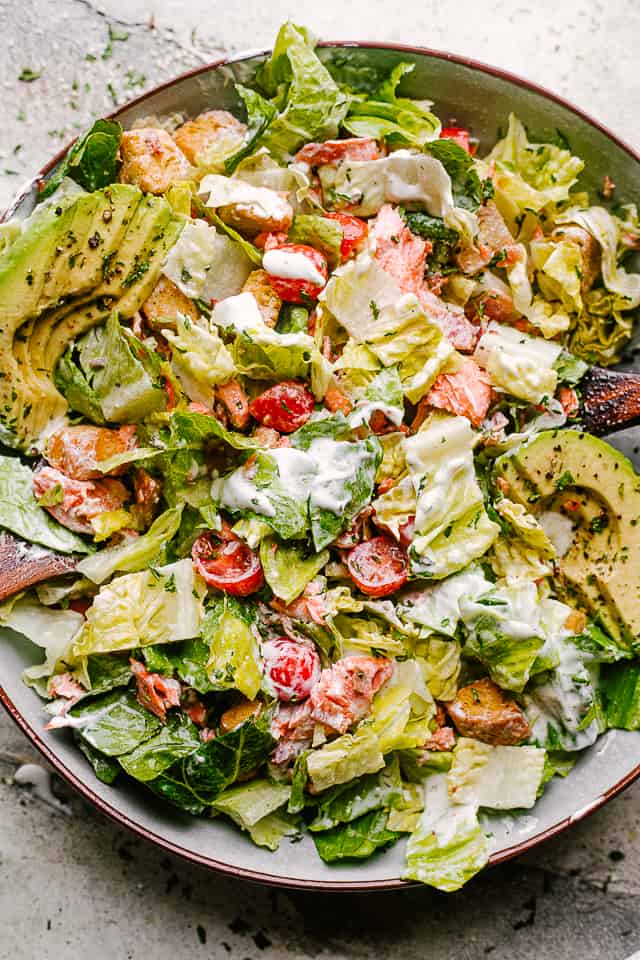Salmon: Important Facts, Health Benefits, and Recipes
Explore the health benefits, types, and tasty recipes of salmon in our ultimate guide, and learn how to incorporate this nutritious fish into your diet.
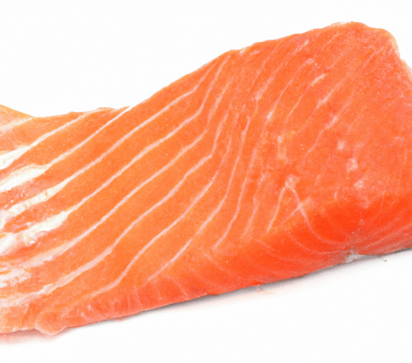
Best Salmon Recipes
-
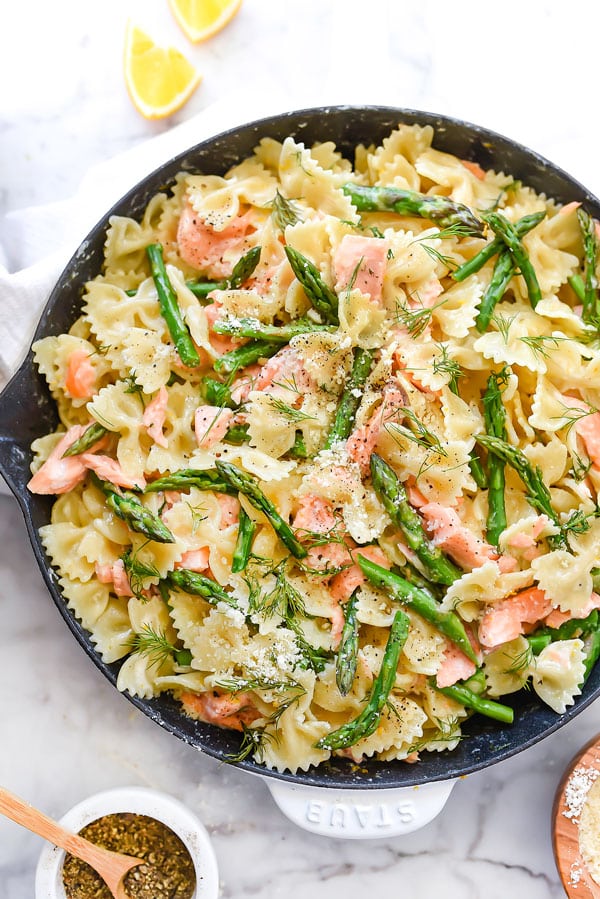
-
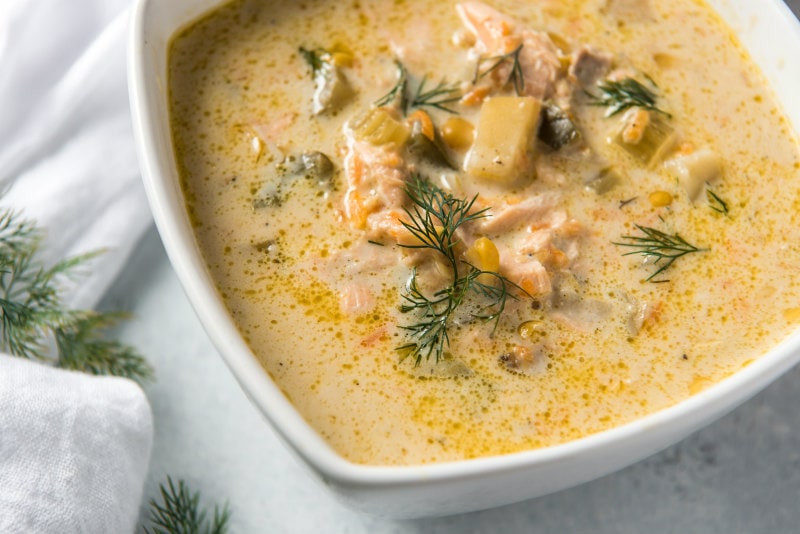
-

-

-

-

-

-

-
![Cheesy Salmon Dip Recipe Image]()
-
![Salmon Cream Cheese Bagels Image]()
-
![Salmon Fried Rice Recipe Image]()
-
![Easy Quiche Recipe Image]()
-
![Dynamite Frittata Recipe Image]()
-
![Salmon Chowder Image]()
-
![Salmon Pasta Salad Image]()
-
![Dilled Salmon Pasta Salad Image]()
-
![Salmon Pasta Primavera Image]()
-
![Baked Salmon Patties Image]()
-
![Salmon Salad Image]()
-
-
![Salmon Patties Image]()
-
![Leftover Lemon Dill Salmon Sandwiches Image]()
-
![Salmon Nicoise Salad Image]()
-
![Black Bean Salmon Tostada Image]()
-
![Panko-Crusted Salmon Cakes Recipe Image]()
-
![Salmon BLT Salad Image]()



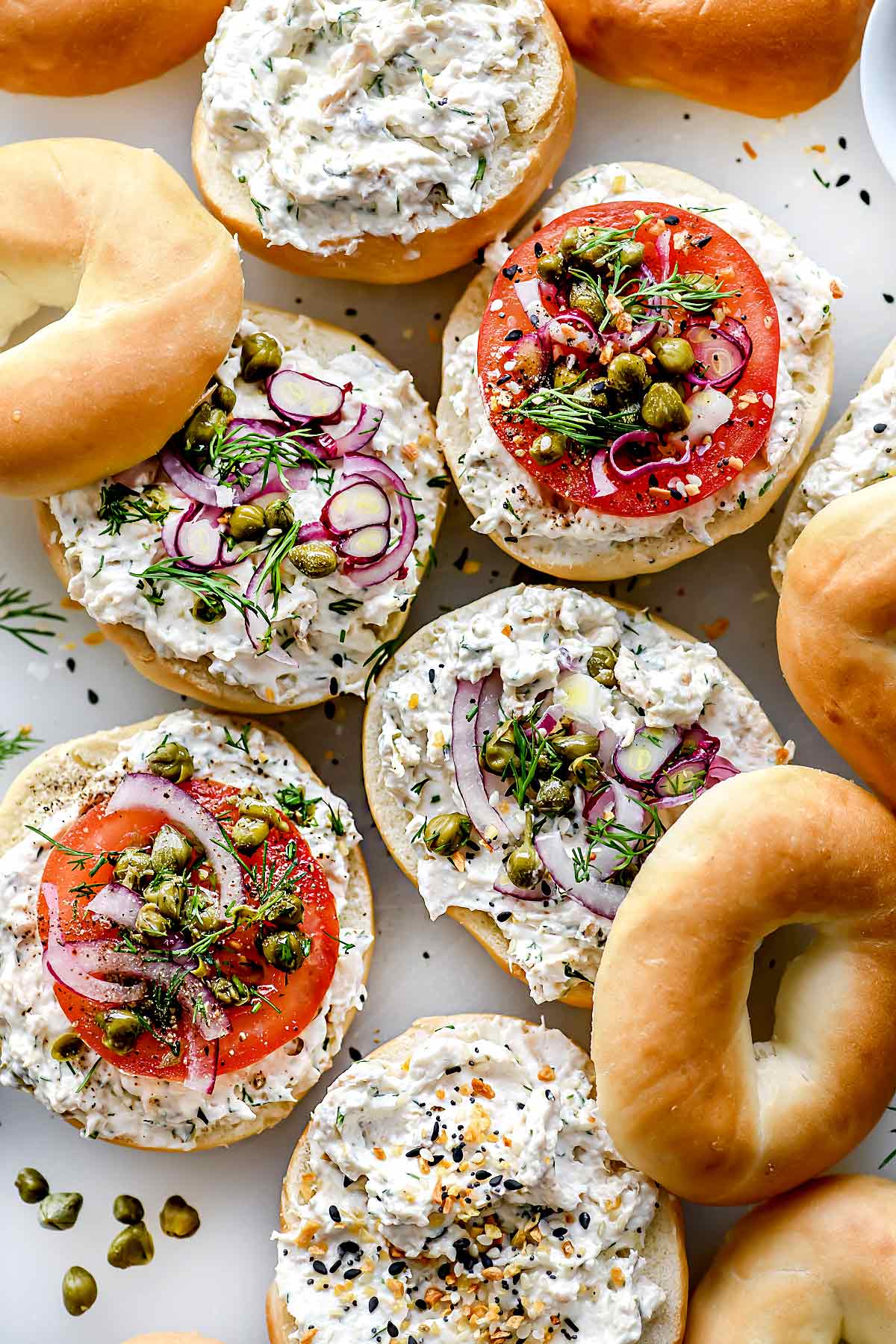
:max_bytes(150000):strip_icc()/__opt__aboutcom__coeus__resources__content_migration__simply_recipes__uploads__2015__05__salmon-fried-rice-horiz-a2-1600-b2d7c09d64c84c4698a13e7cf31510ca.jpg)
/quiche-12-efbcad198108471a9f536303c906f7d7.jpg)
:max_bytes(150000):strip_icc()/Frittata_Beauty_Horizontal-b8417ab31b9849788a714dd8a92a6917.jpeg)
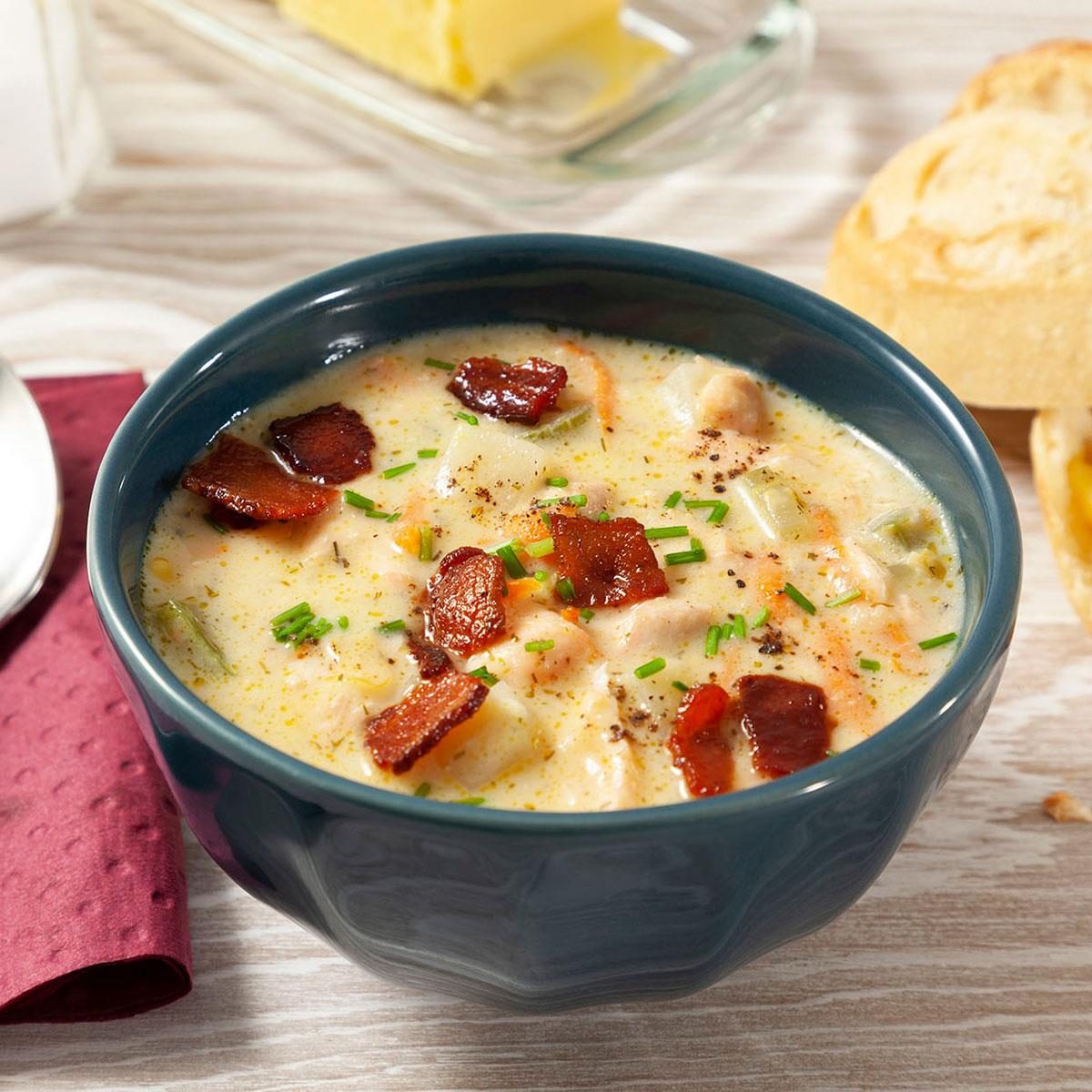





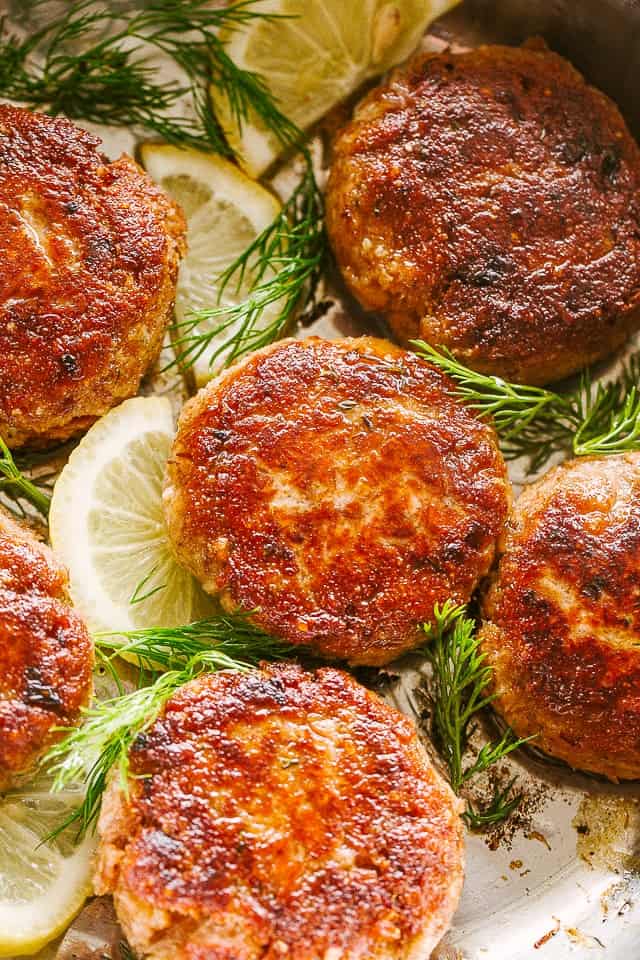



:max_bytes(150000):strip_icc()/salmon-cakes-recipe-2217394-hero-01-b577af4289984e42893eeb83de8ada1c.jpg)
